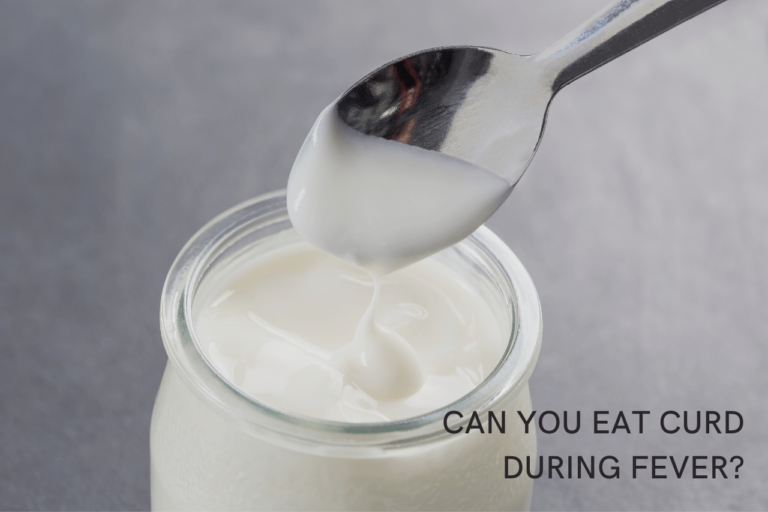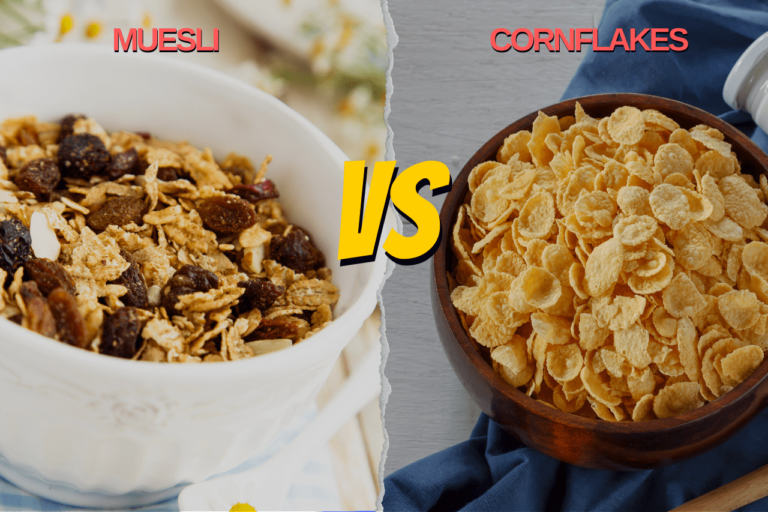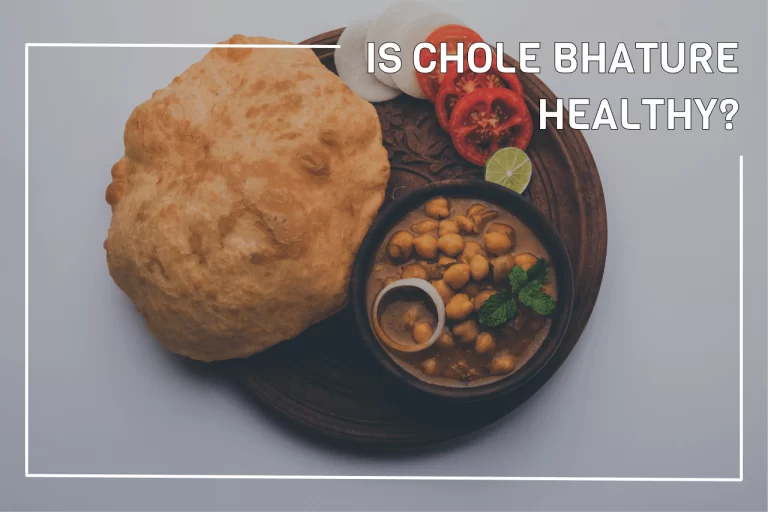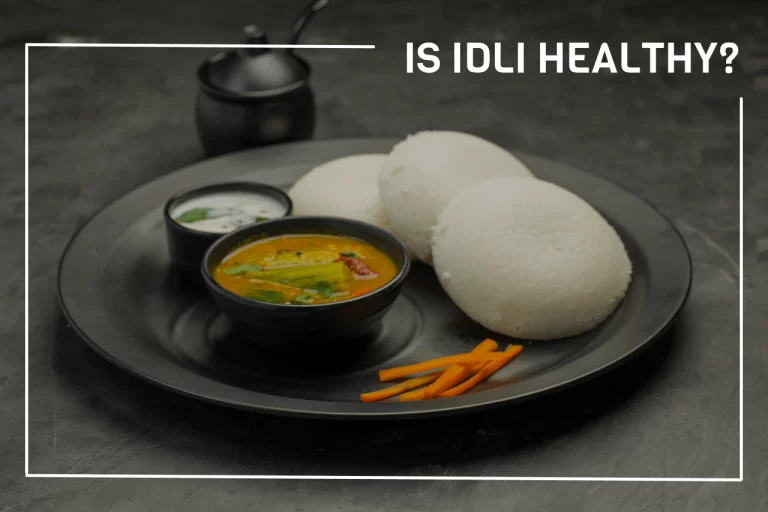Nuts are a healthy snack that is enjoyed by many. People love their crunchiness and the way they boost energy levels when eaten before or during exercise. However, not all nuts are equal, some are
more nutritious than others. Hazelnut and chestnut are both highly nutritious nuts, but which one is the most nutritious and healthiest of them?
In this post, I will compare hazelnut and chestnut in terms of both nutrition and health benefits to find out which one is more better for you.
Related reading: 20+ Amazing List Of Dry Fruits Name To Include In Your Diet
Hazelnut vs chestnut: A nutritional comparison
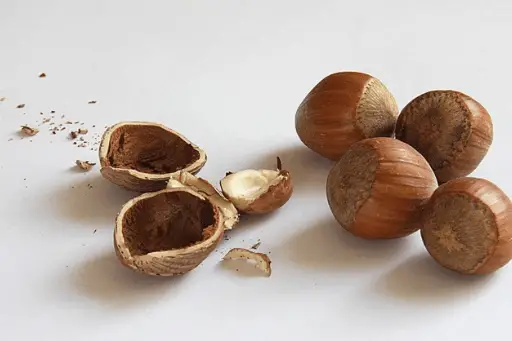
Hazelnuts and chestnuts are packed with essential nutrients such as fiber, protein, vitamins, iron, calcium, and magnesium. However, when you compare their nutritional values in detail, you will find some quirky facts about their differences.
Calories
In nutrition, calories measure the amount of energy you get from foods. The greater the number of calories you consume, the more energy you obtain.
The number of calories you require is determined by your gender, age, size, and level of activity. If you consume more calories than you burn, you will gain weight; on the other hand, if you consume fewer calories than you burn, you will lose weight.
Although both hazelnut and chestnut are delicious, they differ significantly in calories. Chestnuts have 131 calories per 100gm, whereas hazelnuts have 628 calories per 100gm.
Sugar
Eating too much sugar can lead to a variety of health problems, the most common of which are diabetes, heart disease, and obesity. Although dry fruits are safe to eat because they contain natural sugar that does not harm people, it is still important to eat them in moderation.
Despite their low-calorie content, chestnuts have 2.5 times the amount of sugar as hazelnuts.
100gm chestnuts contains 11g of sugar, compared to 4.3g of sugar in the same amount of hazelnuts.
Fiber
Fiber is an essential component of any diet that aids digestion. It helps keep your bowel movements regular by increasing the weight and size of your stool, making it softer and easier to pass.
It also has other beneficial effects, such as boosting the immune system, lowering blood cholesterol levels, and reducing the risk of colon cancer.
Hazelnuts contain 2x more fiber than chestnuts, making them ideal for a healthy digestive system.
100gm of hazelnuts contains 10g of fiber, compared to 5g of fiber in the same amount of chestnuts.
Protein
Protein is an essential part of living a healthy lifestyle. It has a wide range of functions in your diet, with only a few deficiencies reported. It is required for bodily functions such as muscle growth, immune system maintenance, and tissue growth and repair.
Hazelnuts are a good source of protein, containing about 15gm per 100gm, whereas chestnuts contain only 3gm per 100gm.
Iron
Iron aids in transporting oxygen through the bloodstream and allows muscles to contract normally. It also helps in the development and growth of children and teenagers.
Chestnuts have 1.7mg of iron per 100gm, whereas hazelnuts have 4.7mg of iron per 100gm, which is twice as much as chestnuts.
Calcium
Calcium is a mineral that is well-known for its role in the development of strong bones and teeth. It’s also essential for the immune system, blood clotting, and muscle contraction in your body.
Hazelnuts are a good source of calcium, with about 114mg per 100gm, compared to 46mg in the same amount of chestnuts.
If you want to increase your calcium intake, include hazelnuts in your diet
Potassium
Potassium is necessary for the health of your heart and skeletal muscles, as well as maintaining your body’s water balance.
Both hazelnuts and chestnuts are high in potassium. There is 680mg of potassium in 100g of hazelnuts, compared to 590mg in 100gm of chestnuts.
Magnesium
Magnesium is a necessary mineral for the proper development of bodies. It is found in a variety of enzymes and aids in the regulation of calcium and potassium consumption.
Chestnuts contain 54mg of magnesium per 100gm, whereas hazelnuts contain 163mg per 100gm, which is three times as much as chestnuts.
Glycemic index
Every food has a glycemic index, which indicates how quickly a food can cause a rise in blood sugar levels after eating it. Foods with a high glycemic index are generally not recommended for diabetes or obesity.
Also, food with a high glycemic index digest quickly and cause hunger and craving for more food.
The glycemic index is divided into three categories: low (0-55), medium (56-69), and high (70-100)
Chestnuts have a glycemic index of 54, whereas hazelnuts have a glycemic index of 15, which is significantly lower than chestnuts.
Which is the most nutritious nut?
Now that you’re aware of the nutritional value of both hazelnut and chestnut, you can easily choose the best nut for you.
In a nutshell, hazelnuts outperform chestnuts in fiber, protein, iron, calcium, potassium, and magnesium.
Furthermore, hazelnut is low in sugar and glycemic index, making it an excellent choice for diabetes and obesity. However, if you want to cut calories from your diet, chestnut is a better option.
Overall, Hazelnut is more nutrient-dense than Chestnut.
Hazelnut vs Chestnut: Benefits comparison
Both hazelnut and chestnut are high in nutrients, with hazelnut coming out on top. But, in terms of health benefits, are they similar?
Weight loss
It’s a fact that if you want to lose weight, you cannot do it without changing your diet. A diet that includes a lot of calories also demands more exercise to burn those calories. Being active and consuming fewer calories is the simplest way to lose weight.
If you are on a weight loss diet or want to lose weight, adding chestnut is an excellent choice because it is low in calories.
Despite being high in calories, hazelnuts can also be used in some diets that require low carbs food, such as the keto diet.
Also read: 9 Best Dry Fruits for Weight Loss that Actually Works
Immunity
The immune system is the body’s defense against potentially harmful viruses and bacteria. It fights infections and aids in the healing of wounds. The stronger your immune system, the less susceptible you will be to disease.
According to research, vitamin C is necessary for the immune system to mount and sustain an adequate response against pathogens while avoiding excessive damage to the body. Adequate vitamin C consumption helps prevent and treat respiratory and systemic infections by enhancing various immune cell functions.
Being a rich source of vitamin C by containing 26.7mg in just 100gm chestnut is slightly better for boosting immunity.
However, vitamin C is not the only nutrient that influences your immune system’s health.
Heart health
Previous research has shown that increasing potassium intake reduces the risk of cardiovascular diseases such as high blood pressure, heart disease, and stroke.
Being a good source of potassium, eating both hazelnut and chestnut are beneficial to your heart health. Also, hazelnuts are a great source of magnesium which plays a crucial role in the biochemical reactions in your heart muscle that generates your heartbeat.
Diabetes
When you have diabetes, you have to pay extra attention to your diet. A diabetic diet should be high in protein, vitamins, minerals, and fiber while low in fat, sodium, and cholesterol. It should also help a person maintain a healthy weight.
Hazelnut has no sodium and cholesterol and is high in protein, fiber, vitamins, and minerals, making it an excellent diabetic food.
On the other hand, chestnut has no cholesterol and is low in sodium. It’s also packed with protein, fiber, vitamins, and minerals, making it a good choice for people with diabetes.
However, because we are comparing both nuts, it is important to select the ideal one. As a result, hazelnut is the more ideal choice for people with diabetes due to its low sugar content and glycemic index than chestnut.
Pregnancy
The pregnancy diet is a special one. You will need to eat for two, which means that some of your food choices will have to be changed.
It is recommended that pregnant women consume a diet high in iron, fiber, protein, and calcium.
Hazelnut being high in these nutrients is an excellent choice during pregnancy. Furthermore, hazelnuts are high in omega-3 fatty acids and folate, which are essential nutrients for pregnant women.
However, keep in mind that hazelnuts are high in calories and, if consumed in excess, can lead to weight gain.
Also read: 10 Best Dry Fruits During Pregnancy For A Healthy Baby
Final words
Both hazelnuts and chestnuts have plenty of benefits. Hazelnuts are beneficial to heart health, pregnancy, and diabetes, whereas chestnuts are ideal for weight loss and boost immunity.
However, the nutritional content of each differs significantly, with hazelnut coming out on top in terms of nutrient density.
I hope you found this hazelnut vs chestnut comparison to be helpful. Also, if you had to pick one, which nut do you believe is the most nutritious and healthy? I’d love to hear what you think in the comments section!

